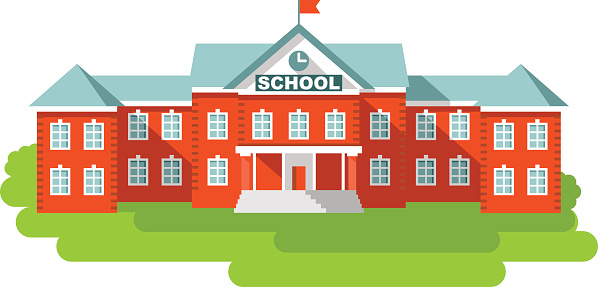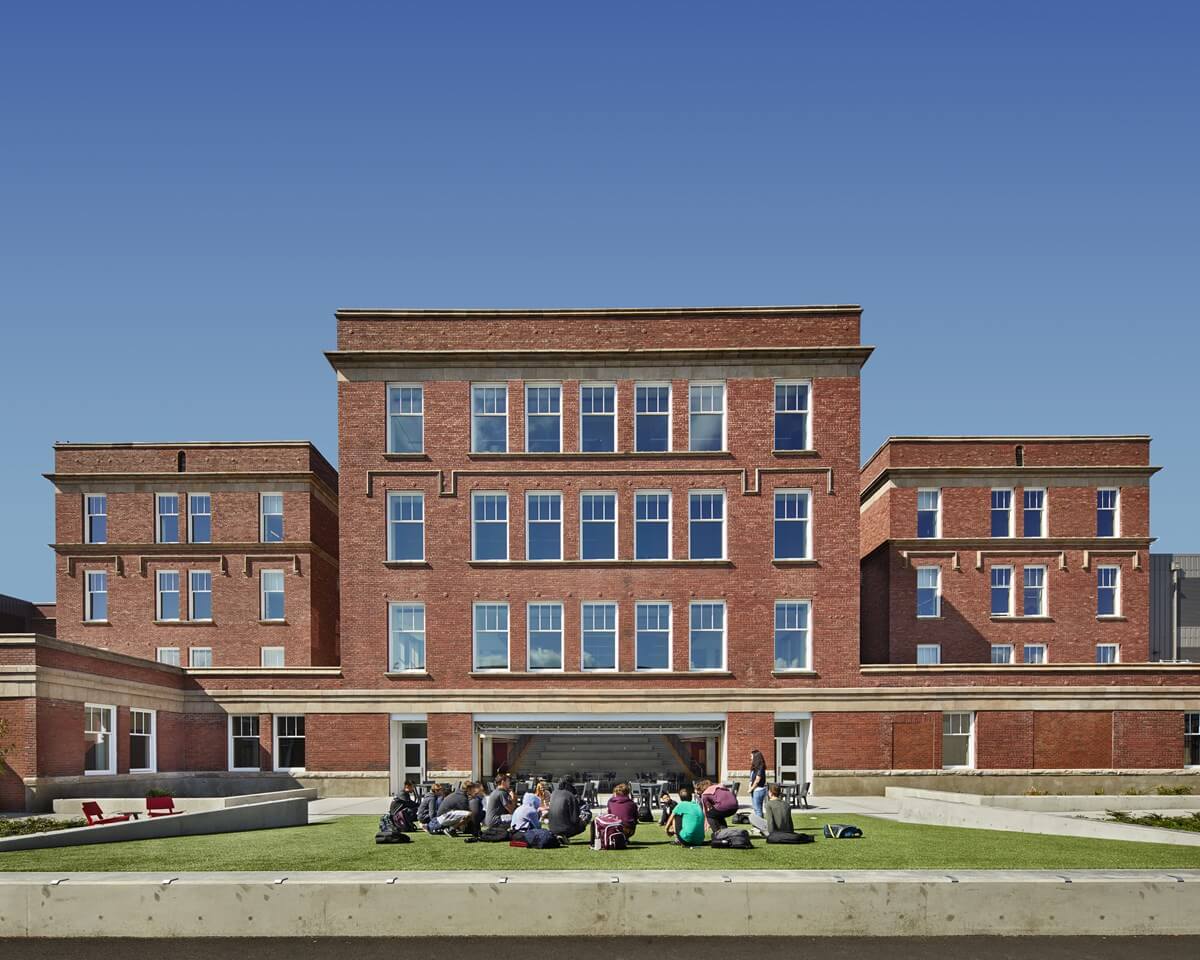Comprehending the Importance of Institutions in Kid Advancement and Neighborhood Growth
Institutions' interaction with regional neighborhoods with service-learning initiatives strengthens the bond between family members and instructional establishments. This cooperative connection highlights the significance of schools in nurturing energetic citizenship and long-lasting understanding routines.
Academic Accomplishment
Academic accomplishment works as a cornerstone of youngster development, providing the structure whereupon future knowing and success are built. Schools play a crucial duty in promoting this academic development, offering structured settings where children can get necessary expertise and cognitive abilities. Standardized curricula guarantee that trainees gain proficiency in core topics such as mathematics, science, and language arts, which are critical for both greater education and expert opportunities.
Along with imparting essential scholastic skills, colleges additionally grow vital thinking, problem-solving abilities, and intellectual interest. These cognitive competencies are essential for browsing complex real-world scenarios and adapting to the ever-evolving demands of the modern work environment. Educators, as facilitators of knowing, utilize varied pedagogical methods to accommodate varied discovering designs, thus optimizing private pupil potential.
Additionally, scholastic success is carefully connected to self-esteem and motivation. Youngsters who experience scholastic success are much more likely to establish a positive self-concept and a lifelong interest for learning. Colleges additionally offer different sources, such as libraries and innovation, which additionally boost the instructional experience and prepare pupils for a technologically sophisticated culture.
Social Skill Growth
Beyond academic accomplishment, the duty of institutions in social ability growth is important. Schools serve as a primary location for kids to learn and practice necessary social skills such as problem, teamwork, and communication resolution. In the structured environment of a classroom, students communicate with peers, instructors, and other school personnel, providing many opportunities to establish these crucial abilities.
Effective social ability development in colleges is facilitated through group activities, collective projects, and extracurricular programs. These interactions assist trainees understand social norms, build compassion, and cultivate a feeling of community. For circumstances, team jobs instruct pupils how to collaborate in the direction of a typical goal, listen to different viewpoints, and navigate disagreements constructively.

The growing of social skills during school years lays a structure for future personal and expert partnerships. Save Temecula Schools. As pupils develop, the capacity to efficiently work together and connect becomes progressively essential, highlighting the college's crucial function in all natural youngster growth
Direct Exposure to Diversity
Direct exposure to diversity in institutions is essential to promoting an inclusive frame of mind and expanding trainees' perspectives. Schools act as a microcosm of the more comprehensive society, and encountering diverse societies, languages, and socioeconomic histories within this atmosphere furnishes students with important skills for navigating a progressively globalized world. This direct exposure urges compassion, decreases bias, and advertises shared respect amongst peers.
Research indicates that pupils who communicate with peers from diverse histories display better analytic abilities and creative thinking. This understanding of diversity prepares students for future work environments that worth multicultural skills - Save Temecula Schools.

Community Engagement
The benefits of diverse class prolong past the school walls, fostering a solid feeling of area interaction amongst students. By engaging with peers from various social, socioeconomic, and ethnic histories, pupils gain a broader point of view and a gratitude visit our website for diversity. This exposure encourages them to end up being energetic people that are willing to contribute positively to their neighborhoods.
Institutions that highlight neighborhood interaction often incorporate service-learning tasks, which permit students to attend to real-world issues while applying academic abilities. These projects not only boost pupils' understanding of their coursework but likewise impart a sense of responsibility and compassion. Collaborations between colleges and regional organizations give students with possibilities to take part in community occasions, better strengthening their function as navigate to these guys proactive area members - Save Temecula Schools.
Furthermore, adult and community participation in institutions strengthens the bond in between universities and the communities they offer. They produce a joint atmosphere that profits all stakeholders when colleges open their doors to community occasions, workshops, and volunteer opportunities. This shared support group makes sure that students get holistic development, preparing them to become all-round individuals who contribute and value to their areas. Through these initiatives, colleges play a critical duty in supporting community interaction and cultivating societal development.
Lifelong Discovering Behaviors
Developing lifelong discovering practices is essential for a child's continual growth and versatility in an ever-changing globe. Institutions play a critical role in instilling these routines by creating an environment that fosters inquisitiveness, essential thinking, and a love for knowledge. Via diverse curricula and extracurricular tasks, educators motivate students to explore various topics, assess information seriously, and use their learning to real-world situations.

In addition, schools offer an organized environment where kids can create self-discipline and time monitoring abilities, both of which are crucial for continuous discovering. By stressing the importance of establishing goals, showing on her response progression, and adjusting strategies, academic institutions prepare students to navigate the intricacies of grown-up life, guaranteeing they continue to be long-lasting learners and factors to culture.
Conclusion
To conclude, colleges are necessary in cultivating kid growth and area growth by supplying settings favorable to academic achievement, social skill advancement, and direct exposure to variety. With collaborative projects and interactions, schools enhance vital reasoning, empathy, and communication skills. Community involvement initiatives further strengthen the bond in between schools and neighborhood areas. Ultimately, schools grow long-lasting discovering routines, gearing up people with the essential knowledge and skills to contribute positively to culture.
In the structured setting of a classroom, pupils communicate with peers, educators, and other institution staff, offering many opportunities to establish these critical capabilities.
In significance, exposure to variety within institutions not just enriches individual trainees yet also enhances the social fabric of the neighborhood as a whole.
The advantages of diverse classrooms expand past the institution wall surfaces, promoting a solid feeling of community interaction amongst pupils.Institutions that stress community interaction often integrate service-learning jobs, which permit trainees to attend to real-world troubles while using academic skills. Partnerships in between schools and local organizations offer trainees with opportunities to take part in area occasions, better strengthening their role as proactive neighborhood participants.